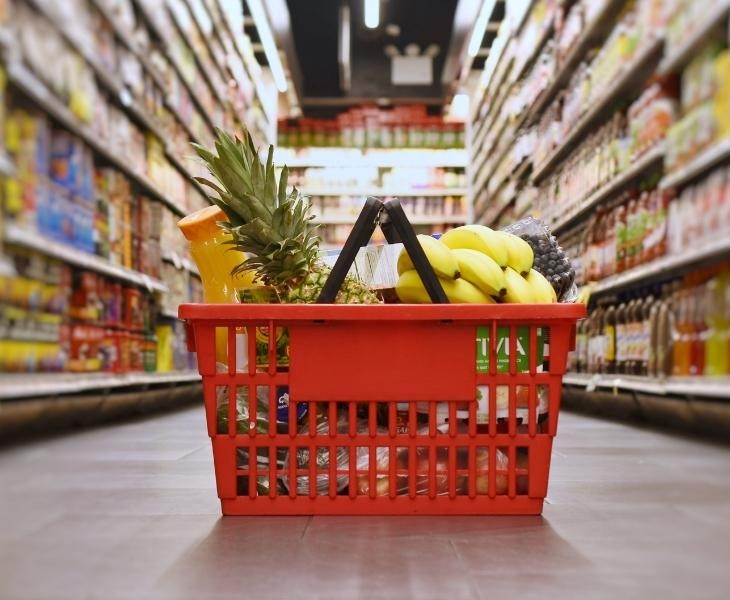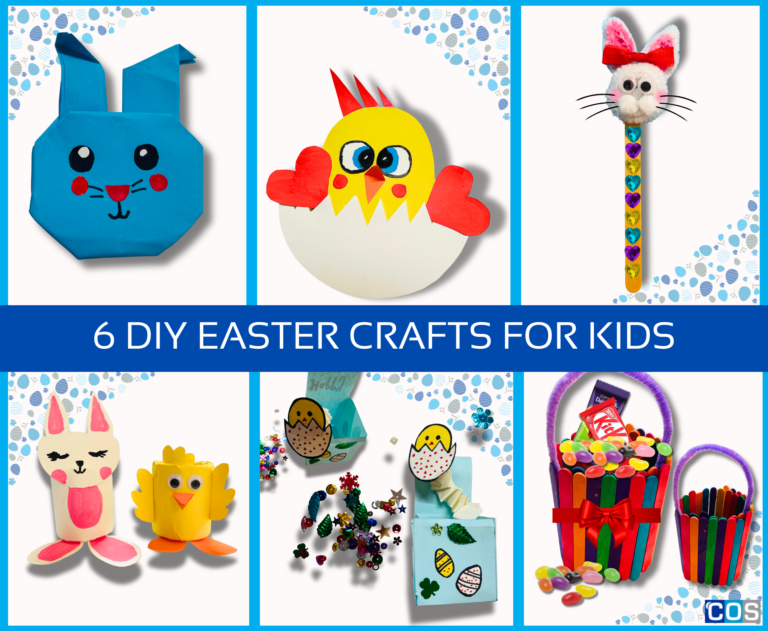Fairtrade Fortnight is a 2-week annual celebration of farmers, their families, and communities, who are working to shape a brighter future for the world and its people. As consumers, we hold a lot of power to create positive change.
Simply by making wise buying decisions, we can help to transform the world into a sustainable and more ethical place. When it comes to caring for mankind, we need to think about the impact of our purchases on individuals, communities, and businesses.
According to McCrindle research, in Australia shoppers are more inclined to consider purchasing a product that promotes a social or ethical purpose.
Make the (Fair) trade
By simply choosing a Fairtrade product over non-Fairtrade, you can make a significant impact on the working conditions of farmers and workers in developing countries, allowing them to improve their lives, grow their communities, and plan for the future.
Making a slight shift in your purchasing habits can have a big influence on the environment and the lives of farmers. We’ve made a list of some Fairtrade products that are readily available to help you start your ethical shopping journey. Next time when you are out shopping, look for the Fairtrade Mark.
Coffee
Coffee is a product that most of us buy regularly. According to Fairtrade Foundation, an estimated 1.6 billion cups of coffee are prepared every day.
Choosing Fairtrade-certified coffee means that farmers are not only fairly compensated, but businesses are also assisted to invest in climate adaptation, so that they can continue to produce coffee beans ethically.
Tea
Climate change, water scarcity, deforestation, demands for better working conditions, and fair wages all pose threats to tea plantations.
Tea is the most popular beverage in the world after water, with 15,000 cups consumed per second and according to Roy Morgan Research, in Australia 9.8 million people consume at least one cup of tea every week. Fairtrade-certified tea, is grown and harvested in an environmentally responsible and sustainable manner.
Chocolate
Did you know, most of the chocolate that we consume today is produced by child labour in Ghana and Ivory Coast. According to a 2015 report by the United States Labour Department, more than 2 million children were engaged in unfavourable working environments in cocoa-growing regions.
Buying Fairtrade chocolate improves the lives of cocoa farmers at the centre of the chocolate business in ways including, fair compensation to producers, less deforestation, and more sustainability. So, whether you want drinking chocolate, cocoa powder, or specialised origins, the Fairtrade system’s 440,000 cocoa growers have got you covered.
Sugar
Around 80 percent of the world’s sugar is produced from sugar cane, which is predominantly cultivated in developing nations by millions of small farmers.
Although sugar is an essential commodity for the economies of many developing nations, small-scale producers rarely receive the benefits and are undervalued by the global sugar market.
Buying Fairtrade-certified sugar can help generate revenues and support farmers to improve irrigation and drainage infrastructure, to reduce their production costs, improve their income, and plan better for their future.
Bananas
Banana exports are estimated to be worth $7 billion globally. Bananas represent essential staple crops for more than 450 million people in poor nations. A bunch of Fairtrade-certified bananas has a minimum price, allowing producers more stability, and long-term planning.
The Fairtrade Foundation strives to make things fairer for everyone – farmers, suppliers, businesses, and people who wish to act against unsustainable farming methods that contribute to climate change. Supporting Fairtrade offers better value for everyone, including the planet.

